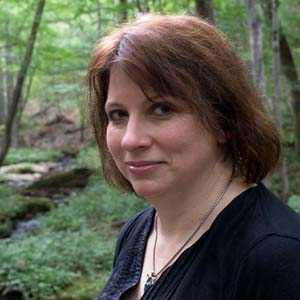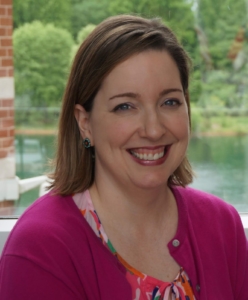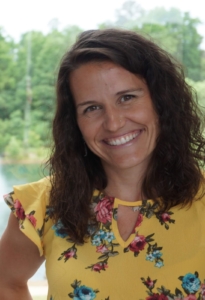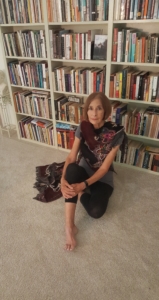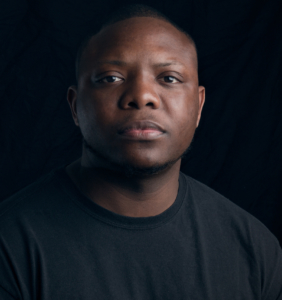Make the Ordinary Sacred
 The past two years have been interesting, as we have entered into and through a pandemic, learned new skills, and discovered things about ourselves we may not have known were there. In the midst of that time, I have found myself reading poems, articles, and stories that speak to real life and emotions. The overwhelming number of things I’ve read that spoke to me were the courageous things. The poems about picking yourself out of bed when depression told you not to, reminiscing about eating a meal with your grandmother before she passed, and harnessing the joy of a child’s laugh to name a few. The elements that all these stories had in common was an elevation of the ordinary. They celebrated regular people cherishing the seemingly mundane but also recognizing the effort it takes to do so.
The past two years have been interesting, as we have entered into and through a pandemic, learned new skills, and discovered things about ourselves we may not have known were there. In the midst of that time, I have found myself reading poems, articles, and stories that speak to real life and emotions. The overwhelming number of things I’ve read that spoke to me were the courageous things. The poems about picking yourself out of bed when depression told you not to, reminiscing about eating a meal with your grandmother before she passed, and harnessing the joy of a child’s laugh to name a few. The elements that all these stories had in common was an elevation of the ordinary. They celebrated regular people cherishing the seemingly mundane but also recognizing the effort it takes to do so.
The poems that relish and elevate the small things are the ones that have the most impact. For example, Patricia Smith has a poem entitled “When the Burning Begins” where she details making cornbread with her father before he passed. While the act of making cornbread isn’t particularly exciting, the vibrant language, colorful storytelling, and active wordplay allows us to exist in the moment and have a greater appreciation for what that act represents.
When you are crafting your own work, take a look at the things around you. What is something that you do every day as a ritual? What does that look and feel like? What makes it something special to you? Asking yourself those questions can help you find and define a purpose in that routine. Perhaps you brush your teeth a certain way because your mother told you that when you were younger and now it’s also a way to honor her. Perhaps you eat a certain meal on a particular day because it reminds you of something. Take those ordinary occurrences and detail the process of what it takes to create it. There is always some beauty in the seemingly ordinary.
ABOUT ANGELO: Angelo ‘Eyeambic’ Geter is a dynamic poet, spoken word artist and motivational speaker who merges his passions for poetry and speaking into a unique performance that educates, entertains, and inspires. Over the course of his career, Angelo has amassed several accolades. He currently serves as the Poet Laureate of Rock Hill, SC, and a 2020 Academy of American Poets Laureate Fellow. Geter is also a 2019 All-America city winner, 2018 National Poetry Slam champion, Rustbelt Regional Poetry Slam finalist, Southern Fried Regional Poetry Slam finalist and has performed and competed in several venues across the country. His work has appeared on All Def Poetry, Charleston Currents, and the Academy of American Poets “Poem a Day” series.
BRING YOUR WORDS TO LIFE WITH ANGELO: Join Angelo for Spoken Word: Poetry and Performance, a three-part class dedicated to the art of spoken word and poetry slam. Examine spoken word work to demonstrate how literary devices employed in traditional poetry are expanded in this genre. Participants will be guided through several prompts and exercises to help them craft their own original work. Participants will have the opportunity to read their spoken word pieces and receive feedback. This class will show you how to literally bring your words to life from the page to the stage. More information here.
Note: This class meets on three Tuesdays, May 10, 17 and 24, 6:00-8:00 pm.
Proof of full Covid vaccination is required to attend in-person Charlotte Lit events. Send a picture of your vaccination card to staff@charlottelit.org

